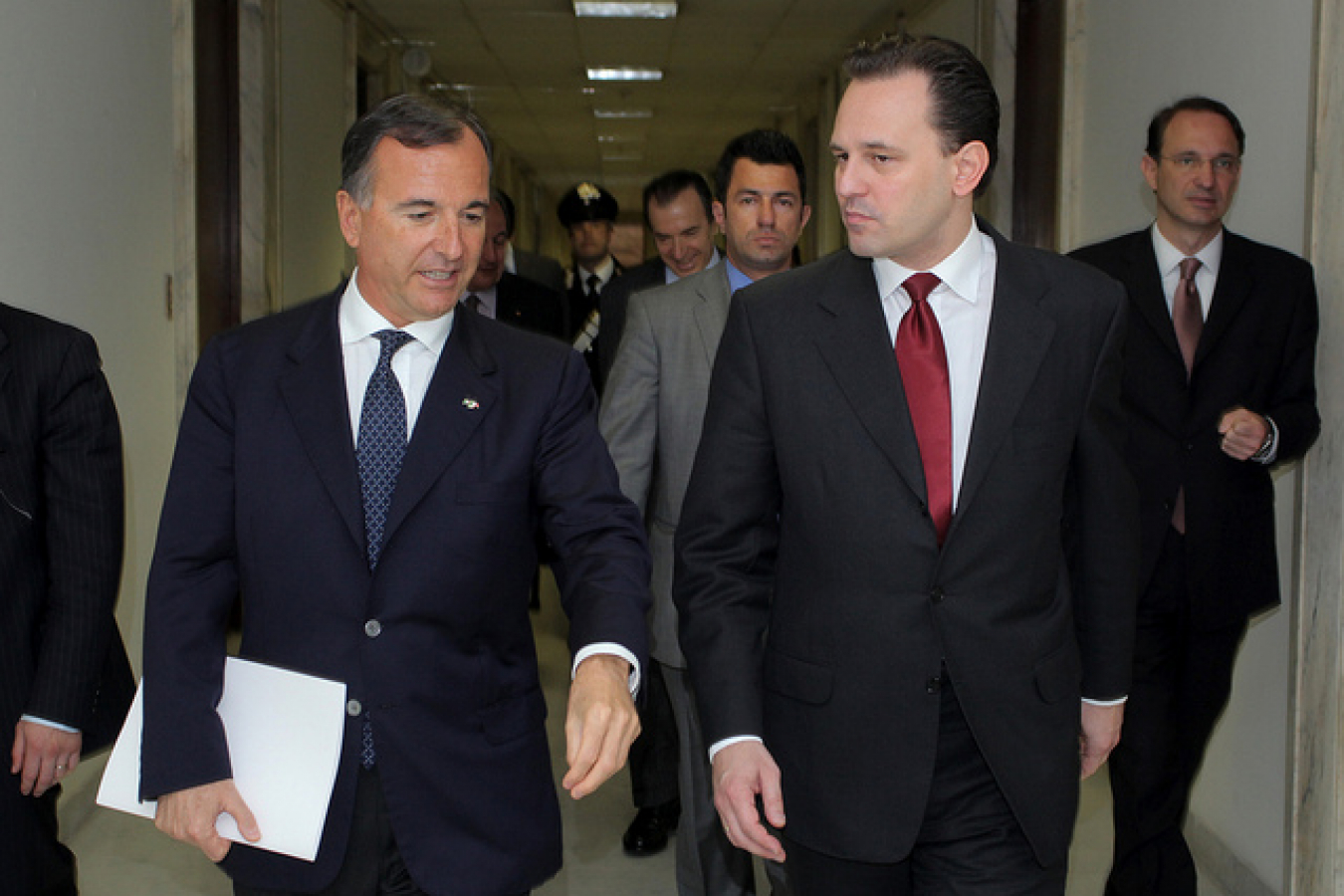 • Watch This Video
• Watch This VideoEarlier this month, the European Commission published proposals to levy penalties against businesses in the European Union that engage in employing illegal migrants. The Justice Commissioner, Franco Frattini, cited an estimate that 7% to 16% of the European Unions gross domestic product is conducted 'off the books.'
"The near certainty of finding illegal work in EU member states is the main driving force behind illegal immigration. The EU must act together," Mr. Frattini said.
<$adv0> The European Commission is primarily interested in controlling illegal immigration into Europe. By denying undocumented people the opportunity to work, it is hoped this will be one incentive to help prevent people from attempting illegal entry into the EU an atttractive option.
Businesses caught employing illegal immigrants face jail sentences, loss of business licenses and hefty fines under the new proposals. The proposals mirror a number of similar ones made in the United States during the past year as immigration reform became a hot political topic.
Fines for offenders could include the cost of repatriating illegal workers, as well as payment of taxes or social security that would have been required had workers been legal. People and businesses could be forced to pay wages to illegal immigrants that either were not paid at all or were paid below the legal limits.
Current estimates run between three and eight million people illegally in the EU currently, although not all of them participate in the labor force. Approximately 350,000 to 500,000 become illegal immigrants in the EU each year, either by entry or overstaying visas that become invalid. No figures were cited regarding the numbers that leave each year.
Penalties would not be limited to only businesses. Individuals who hire people without a legal right to work also face trouble.
Anyone caught employing illegal immigrants would be banned from taking part in national public procurement contracts or from receiving subsidies for up to five years. The measure would affect farms caught employing illegal crop pickers, for example, that benefit from EU or national subsidies.
Should the proposals be adopted, employers will have to check that people they hire have proper residence permits and submit notifications to controlling national authorities regarding new hires. Employers who cannot document that they have complied with obligations to conduct such checks before recruiting third-country nationals would be subject to the penalties.
Additionally, and more controversially, employers who engage in "knowingly" hiring victims of human trafficking, who hire "several" illegal immigrants or who are determined to be "particularly exploitative" could face criminal charges.
Jail sentences are left to the discretion of national governments under the current proposals.
Mr. Frattini noted that the current risk to businesses of getting caught is "practically non-existent." Only one in 50 businesses (2%) are spot-checked each year. Under the proposals, checks would be increased to one in 10 businesses (10%) each year.
The sanctions are designed to find and penalize employers who exploit people "for their own greed." Essentially, businesses who hire illegal migrants are engaging in unfair business practices against businesses that follow the law. Underpaying workers, making them work excessive hours, tax evasion and disregard for safety rules and other humane work conditions were all cited as examples.
Mr. Frattini remained focused on the human rights aspect of the issue, saying that Europe could no longer look on passively as illegal migrants from Africa, the Middle East, Asia and the Balkans toiled in slave-like conditions. Such activities depress wages for legal workers and undermine European economic competitiveness.
Some business interests immediately complained that the proposals threaten to create unnecessary bureaucracy while unfairly penalizing businesses for the failures of governments to properly police immigration.
Migration Watch UK, a British group that campaigns for tougher checks on migration, welcomed harsher penalties on employers.
Individual governments in the EU are unlikely to agree on the proposals without considerable debate. Most countries guard rather jealously their sovereignty and are wary of granting too much power to European Union laws.
Mr. Frattini is far from opposed to migrant workers and immigration into the EU. He is encouraging countries to expand their temporary residence programs to skilled workers, especially from Africa and Asia, who are seen as essential to plug gaps in the labor market.
Legal immigration remains vital to the European economy due to its aging work force and stagnant population growth.
Related:
• European Union "Blue Card" work permit gathering steam• EU sets 2007 target for scrapping border controls
• Spain reaps large benefits from legal and illegal immigration
• German population falling, increased immigration seen as partial solution
• Immigration fails to stem European population loss
• European Union Constitution - where is it now?
• Spotlight - Free movement of labor: a basic right of the EU
• European Union Services Directive approved for free movement
• European Union ministers focus on job quality standards for EU
• OECD - developed countries must do more to integrate immigrant workers
• European Union looks to integrate immigrants




